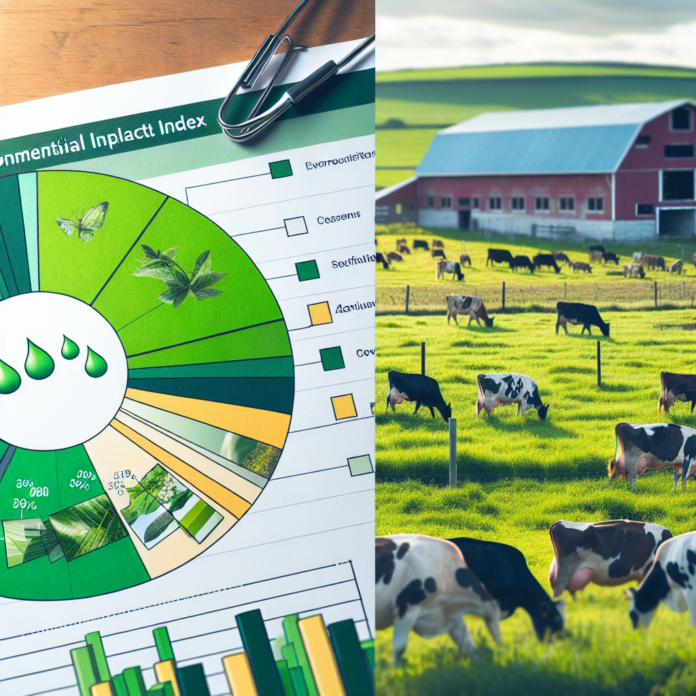CSO’s New Agriculture Impact Index Faces Dairy Farmers’ Backlash
CSO’s New Index on Environmental Impact of Agriculture Faces Criticism from Dairy Farmers
The Central Statistics Office (CSO) has recently introduced a new index aimed at measuring the environmental impact of agriculture in Ireland, sparking significant backlash from the dairy farming community. This index is designed to provide a comprehensive overview of agricultural practices and their effects on the ecosystem, including greenhouse gas emissions, water usage, and land degradation.
Dairy farmers argue that the new index does not adequately consider the complexities and nuances of sustainable farming practices. They contend that the index could unfairly portray the dairy industry as a major contributor to environmental harm, despite ongoing efforts to adopt more sustainable methods. Many farmers have invested in technologies and practices aimed at reducing emissions and improving efficiency, yet they fear that the index will overshadow these advancements.
Critics of the index are also concerned that it may lead to misguided policies that could harm the dairy sector and rural economies. The dairy industry is a vital part of Ireland’s agricultural landscape, contributing significantly to both local and national economies. Farmers advocate for a more balanced approach that recognizes their efforts in sustainability while addressing environmental concerns.
In response to the backlash, the CSO has stated that the index is intended to serve as a tool for policymakers to better understand the environmental challenges faced by agriculture and to promote sustainable practices. They emphasize that the data collected will be used to inform future agricultural policies and support the transition towards more environmentally friendly practices.
As the debate continues, stakeholders from various sectors are calling for more dialogue between farmers, environmentalists, and policymakers. They argue that collaboration is essential to develop strategies that can mitigate environmental impact while supporting the livelihoods of those in the agricultural sector. The success of such initiatives will depend on finding common ground and fostering an environment where sustainable practices can thrive without compromising economic viability.


